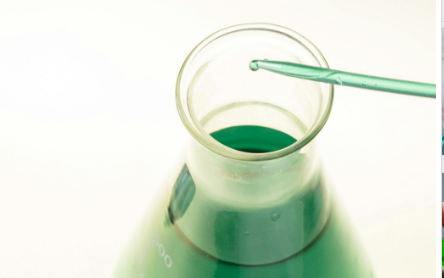Hits: 379 img

Organosilicon sealants, also referred to as silicone sealants, are engineered materials that offer numerous advantages in various engineering applications. Their unique chemical and physical properties make them suitable for a wide range of sealing, bonding, and protective tasks. This article will delve into the advantages of organosilicon sealants and their specific applications in engineering.
Advantages of Organosilicon Sealants
Flexibility and Durability: Organosilicon sealants exhibit high flexibility, allowing them to accommodate thermal movements and mechanical stresses without cracking or failing. Their durability ensures long-lasting performance, even in harsh environments.
Temperature Resistance: These sealants can withstand extreme temperatures, ranging from very low to very high. This makes them ideal for applications where temperature fluctuations are common, such as in automotive engines, industrial ovens, and aerospace vehicles.
Weatherability: Organosilicon sealants are resistant to the effects of weathering, including UV radiation, moisture, and ozone. This resistance helps maintain their performance and appearance over time, even in outdoor applications.
Chemical Resistance: These sealants are resistant to a wide range of chemicals, including acids, bases, and solvents. This makes them suitable for use in environments where chemical exposure is a concern, such as in chemical processing plants and laboratories.
Applications in Engineering
Automotive Engineering: Organosilicon sealants are used in automotive manufacturing for sealing gaps between body panels, windows, and other components. They provide a durable and flexible seal that can withstand the vibrations and temperature changes associated with driving.
Construction Engineering: In construction, silicone sealants are used for sealing cracks, joints, and gaps in buildings, bridges, and other structures. They provide a waterproof and weatherproof seal that helps protect against moisture damage and ensure structural integrity.
Electronic Engineering: In the electronics industry, silicone sealants are used to encapsulate electronic components and protect them from environmental contaminants. They provide electrical insulation and help extend the lifespan of electronic devices.
Aerospace Engineering: In aerospace applications, organosilicon sealants are used to seal windows, doors, and other openings in aircraft and spacecraft. They offer excellent resistance to extreme temperatures and pressure changes, ensuring a safe and secure environment for passengers and crew.
In summary, organosilicon sealants offer a multitude of advantages in engineering applications, including flexibility, durability, temperature resistance, weatherability, and chemical resistance. Their specific applications in automotive, construction, electronic, and aerospace engineering demonstrate their versatility and importance in modern engineering.
Disclaimer: The content provided herein is sourced from public channels like the internet and WeChat public accounts. We hold a neutral stance towards the viewpoints expressed. This article serves as a reference and for discussion purposes only. The copyright of reprinted materials belongs to the original author and organization. Please contact us for removal in case of infringement.
https://www.siliconeresin.net//